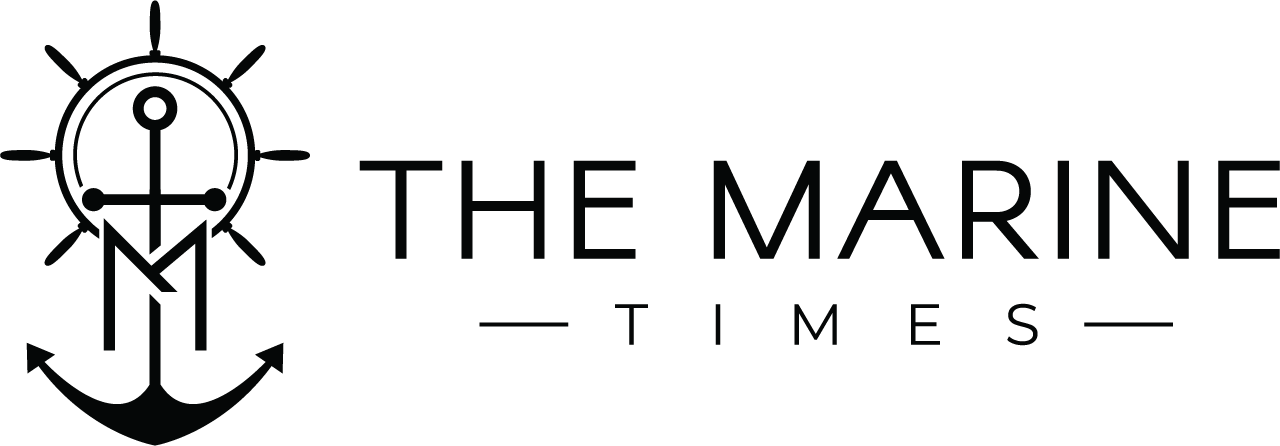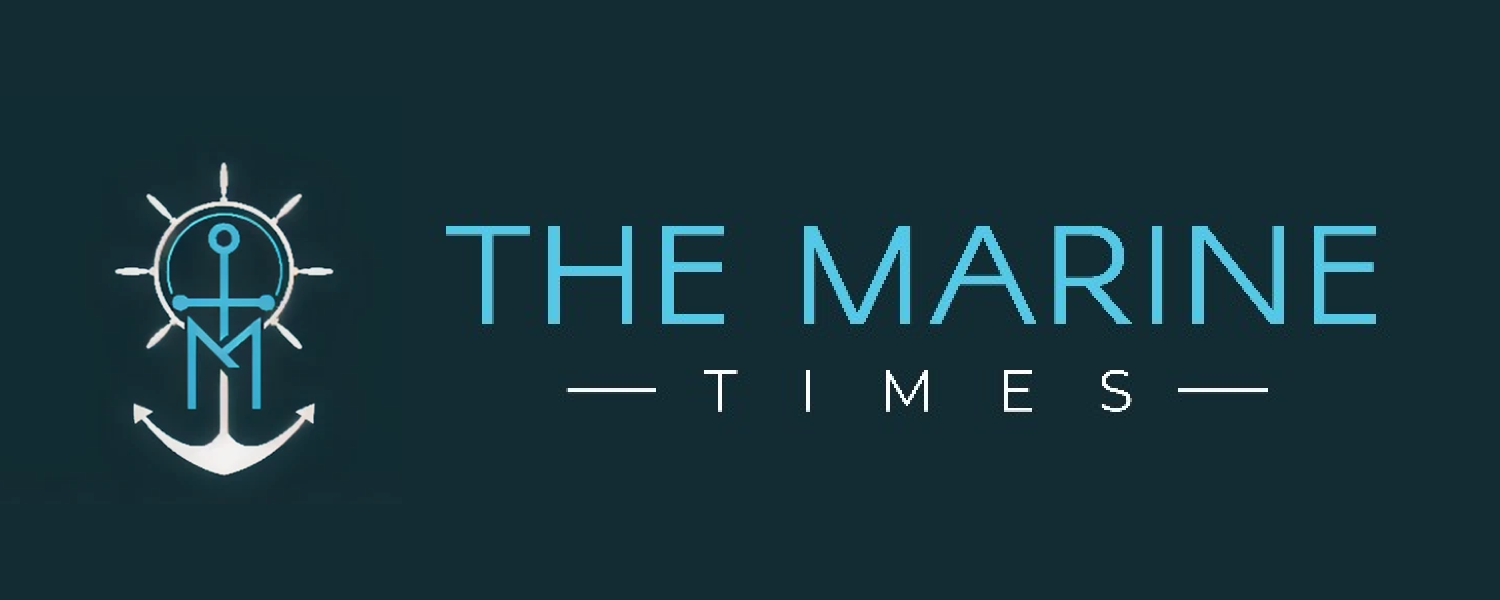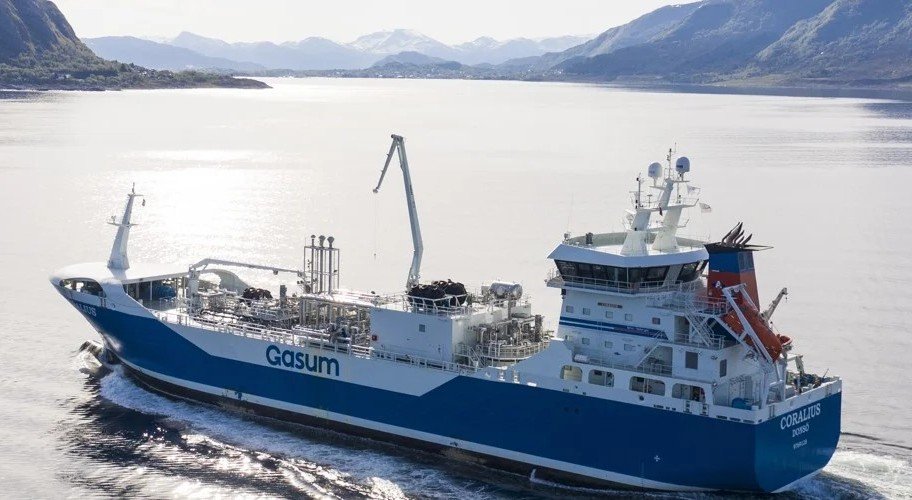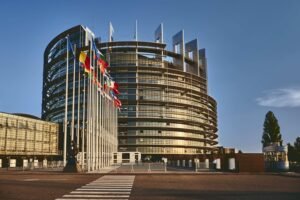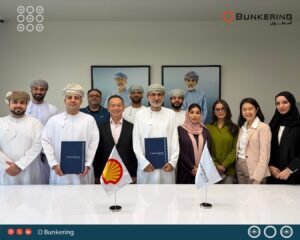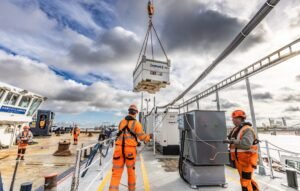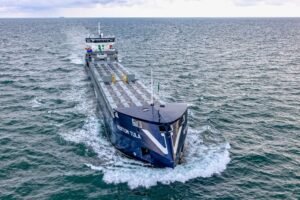Nordic energy company Gasum has revealed that its fleet of gas-powered bunkering and carrier vessels has for some time been operating entirely on bio-LNG, generating a substantial amount of compliance for the company’s FuelEU Maritime pool.
Gasum’s fleet includes two bunkering vessels delivering LNG and bio-LNG to ships at ports, as well as two carrier vessels transporting liquefied gas across the Nordics and Northern Europe.
Each vessel is fitted with dual-fuel gas engines, enabling the use of renewable bio-LNG as fuel.
By powering its own chartered vessels with bio-LNG, Gasum can add flexibility to its pool balance as the year nears its end and demand for surplus compliance increases.
“As we are now in the last quarter of the first FuelEU Maritime regulation year, there’s never been a more critical moment for ship owners to act. Joining Gasum’s FuelEU Maritime pool is the easiest and most reliable way to secure compliance. Adding our own fleet to the pool as compliance generators helps to secure more compliance surplus, but the amount is still limited,” said Jacob Granqvist, Vice President, Maritime, Gasum.
Bio-LNG Use Effective for Compliance Surplus
Gasum’s gas carrier vessels are chartered from Anthony Veder, who is also an offtaker in Gasum’s FuelEU Maritime pool. One of Gasum’s bunker vessels, Coralius, is jointly owned by Anthony Veder and Sirius Shipping, while the other, Kairos, is owned by Bernhard Schulte.
Beyond its own ships, the pool also includes other partners capable of generating surplus using dual-fuel vessels. By employing bio-LNG across multiple gas-powered ships, Gasum produces surplus emission reductions that can then be allocated to other vessels within the pool.
The FuelEU Maritime regulation seeks to gradually reduce the greenhouse gas intensity of fuels used in shipping, while allowing the creation of compliance pools to help the industry transition more flexibly and efficiently.
Using bio-LNG is a particularly effective way to generate surplus compliance, as its life-cycle emissions are, on average, 90% lower than those of traditional marine fuels such as MGO.
When produced from manure, bio-LNG can even achieve negative emissions.
Gasum’s strategic goal is to significantly increase the availability of bio-LNG for the North-Western European maritime market in the coming years.
